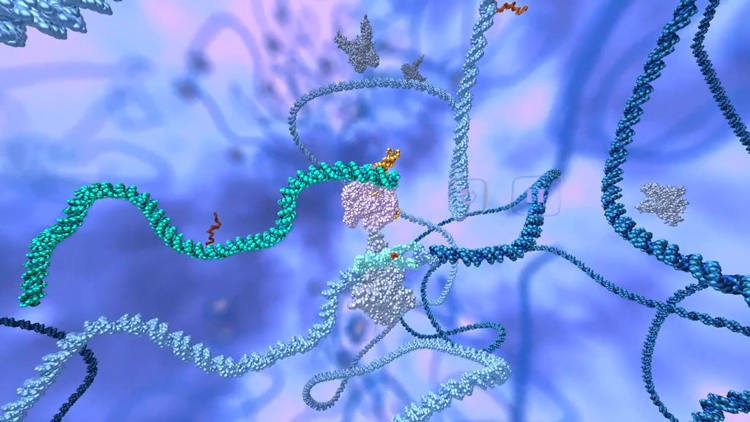U.S. patent appeal board rules against UC in CRISPR interference
UC Berkeley's claim that Jennifer Doudna and Emmanuelle Charpentier paved the way for CRISPR editing in plants and animals has been dismissed by U.S. patent court

February 28, 2022
Today (Feb. 28) the Patent and Trial Appeal Board (PTAB) of the U.S .Patent and Trademark Office (USPTO) issued its decision in the interference proceeding relating to the use of the foundational CRISPR-Cas9 genome editing system in eukaryotic cells, that is, plants and animals.
The interference was between patent applications owned by The Regents of the University of California, the University of Vienna and Emmanuelle Charpentier (collectively, “CVC”) and patents and patent applications owned by the Broad Institute, Harvard University and the Massachusetts Institute of Technology (collectively, “Broad”).
The PTAB decision held that Broad scientists were the first to invent the use of CRISPR-Cas9 genome editing in eukaryotic cells. As a result of this decision, the CVC patent applications involved in this interference will not be granted.
CVC has more than 40 issued U.S. patents that were not involved in this interference and that cover various guide formats of CRISPR-Cas9 genome editing systems with applications in all environments, including eukaryotic cells. The 13 patents and one patent applications owned by Broad remain under challenge. They are also involved in interferences with Toolgen and Sigma-Aldrich.
The University of California is disappointed by the PTAB’s decision and believes the PTAB made a number of errors. CVC is considering various options to challenge this decision.
In addition to the 40+ U.S. patents not involved in this interference, CVC also has issued patents to its foundational CRISPR-Cas9 systems in over 30 countries worldwide that are not affected by any U.S. interference proceedings.
In 2020, UC Berkeley’s Jennifer Doudna and Emmanuelle Charpentier, director at the Max Planck Institute for Infection Biology in Berlin, Germany, were awarded the Nobel Prize in Chemistry “for the development of a method for genome editing,” notably the first time the Nobel Prize has been shared by two women.
Since first disclosing their groundbreaking work in 2012, Doudna and Charpentier have each continued to lead the global development and ethical application of CRISPR technology. Their efforts have helped to establish a “CRISPR economy” of new, innovative companies and research projects for the betterment of humankind.